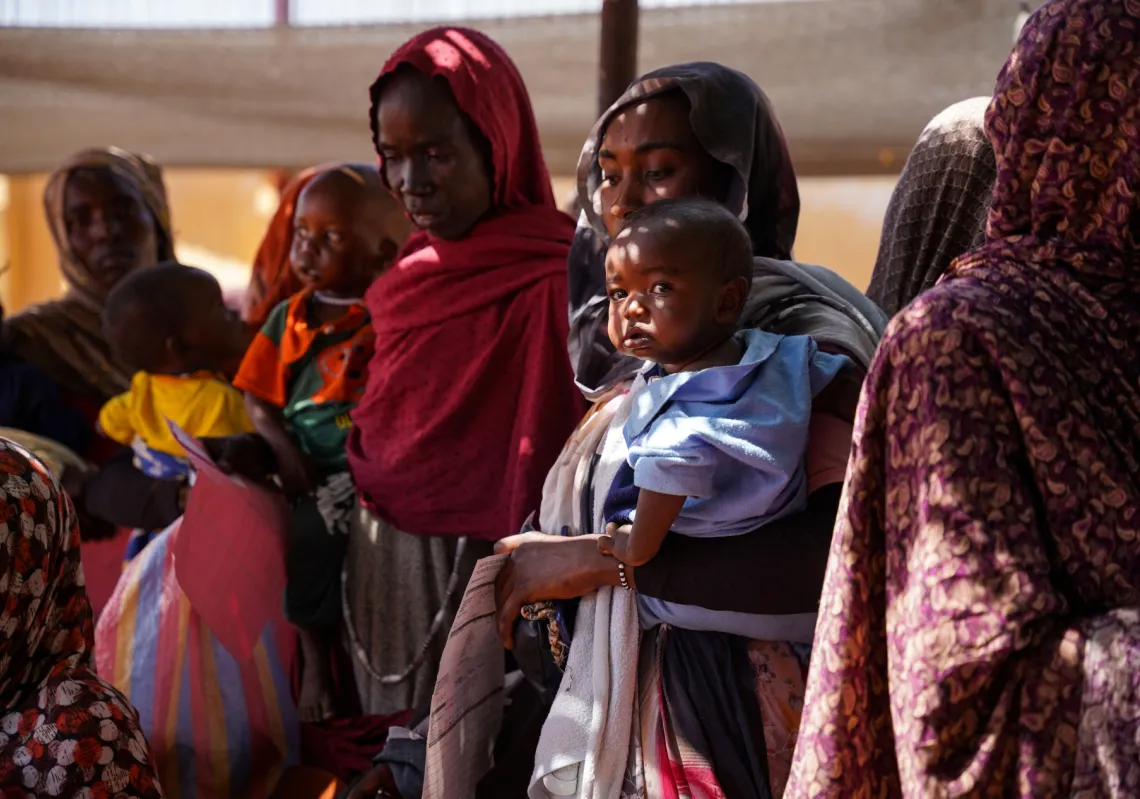 [/caption]
[/caption]
TV weathermen have a cosy life in Egypt – a country where the climate is as predictable as a Russian UN veto.
The wind, for instance, which blows upstream along the Nile for nine days out of ten, is so obliging that the ancient hieroglyph for travelling north or south simply showed a boat with its sails full or furled.
If only the politics was so simple. Take the forthcoming presidential election – a poll which, if you buy in to all the pre-match hype – will usher in the first democratically-elected leader in Egypt’s modern history.
Yet all is not as it seems. For one thing, when the presidential campaigning season eventually gets under way, all those candidates clamouring for high office will effectively be in the dark about what it is they are fighting for.
The person who is eventually elected – and polling still suggests that former Arab League chief and Mubarak-era minister Amr Moussa is the frontrunner – will find himself in the bizarre position of not knowing for certain what his powers will be.
Next month the newly-ensconced parliament is due to start working on a new constitution. The document, which might not be completed until September, will enshrine all the parameters of the presidency, from term limits to whether Egyptians will be governed by a parliamentary or presidential system.
There is just one hitch. Given that a new president is due to be elected by the end of June, he may well find his powers and privileges have been substantially altered just a few months after taking office.
Even more problematic is the potential for executive meddling during this tricky summer window. Imagine yourself as the new President of the Egyptian Republic - the first democratically elected leader in modern history.You are probably feeling pretty pleased with yourself.
Then imagine your MPs are trying to prune your powers and bolster the influence of the People’s Assembly. Wouldn’t you be tempted to interject after all your costly campaigning?
“If we have a president in place before the constitution is written, it will affect the eventual decision,” said Diaa Rashwan, director of the Al-Ahram Center for Political and Strategic Studies.
“Any power has the potential to affect the drafting of the constitution. It will be happening in a critical moment. If we have a president elected with 60 or 70 per cent of the vote, he will feel supported by the people. Anyone in his place will want more power.”
Then there is the problem of the current interim period. According to last year’s Constitutional Declaration, the government framework announced by the ruling Military Council last March, the newly-elected Egyptian parliament should “assume the authority to legislate and determine the public policy of the state” and “oversee the work of the executive branch”.
Yet the same document also outlines a raft of powers for Egypt’s governing generals. These include “issuing public policy for the state” and “right to promulgate laws or object to them”.
Any authorities usually enjoyed by the president, the declaration clearly states, are currently held by generals. Moreover, Article 61 of the document continues by saying the Military Council’s powers will continue until a president is elected.
So who really holds power in Egypt? Until the end of June, when the generals have promised to transfer their responsibilities to a civilian government, the military will remain very much in charge. The real question – and the one that many politicians and activists are asking – is whether they will ever let this change.








